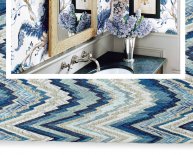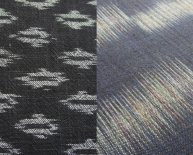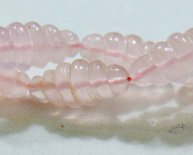
Bathing Suit Manufacturers
By on in Apparel, Design, Design/Inspiration, Manufacturing
Out of all the different types of clothing purchased and worn throughout a person’s lifetime, swimwear is one that is usually taken for granted. At first glance there is really not much to it, right? Manufacturing swimwear is challenging, but can be fun!
Sourcing Fabric:
Finding the right type of fabric for your design is always important. A very thin swim fabric can lose elasticity quickly and not give the support you are looking for. A very thick swim fabric might not have enough elasticity or could feel very heavy and keep your body temperature too hot. Ask the fabric vendor what its breathability is, weight, and elasticity percentage so you have a better understanding. In my experience having too much spandex or elastane has caused more fit problems. A bonus would be to find a swim material that has UV protection built into it. You also want to be aware of the colors you are choosing.
Light colors are very see through once they get wet! Remember to line them!
Sourcing Trim:
When designing a swimsuit with metal trim, take into account in direct sun it could get hot on the skin! Plastic is the better way to go if it can be helped. Usually if you are making a bikini the back strap ties instead of having an S Hook to close it. This allows more size variety in the fit of the garment. A big thing I noticed! If you include a small triangle bra pad that’s either removable or permanent avoid using white as it may discolor due to chlorine. Stick to a nude or black foam to avoid discoloration. And don’t forget disposable sanitary liners!
Patterning:
A lot of swim fabric is usually a 4 way stretch so you would initially think that a grain line wasn’t that important BUT in-fact it is. In most cases the grain line runs along the length of the fabric horizontally, not from selvage to selvage which is vertical. It can vary if you end up having a specific patterned fabric but that’s a case by case issue.
Fitting:
SO IMPORTANT! Swim fabric combined with rubber elastic is very sensitive. The smallest thing you change can alter another part of the suit you weren’t prepared to change. Always making another sample to test the altered piece is paramount. You want a perfect fit sample but at the same time don’t let your designer OCD go too far. If you find that you keep going back to the same thing over and over, and it just doesn’t seem like it’s getting fixed, but now you are on your tenth fit sample, STOP. Take a step back. Have some other people try it on and test it out. In most cases the little fit problem you have been obsessing over actually isn’t that big of a problem and the everyday consumer won’t notice it.
Cut/Sew:
Make sure you research and find a manufacturer that has worked on swimwear before. Bathing suits are tricky and you need to know that they are capable of handling extremely stretchy fabric cut into very small pieces. The manufacturer should have a zig zag machine with ballpoint needles and preferably multiple machines to for faster production turnover. An overlock machine is also needed. Always have them make a sample or a TOP (top of production) to double check that the quality is up to your standards before you make hundreds, hopefully thousands of pieces. Correct tension is also crucial to ensure the stitches won’t unravel or pull too tightly on the fabric.
















